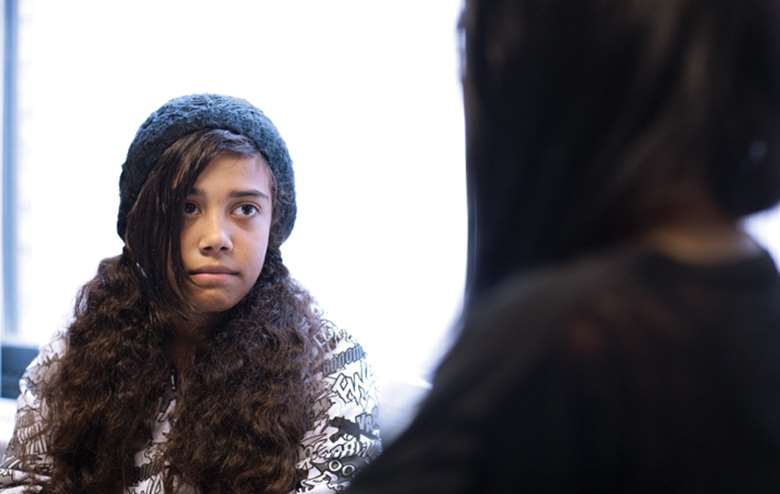Ministers reject specialist mental health check for children entering care
Joe Lepper
Wednesday, September 14, 2016
The government has rejected calls by MPs to ensure all looked-after children are assessed by a mental health specialist when they enter care.

Such checks are vital to ensuring the swift identification of problems and targeting of support, according to a report on the mental health and wellbeing of looked-after children that was published by the Commons' education select committee in April.
But in its response, the government has said there is "little evidence to support the claim that a full mental health assessment on or around the time of entry to care for all looked-after children leads to improved health outcomes".
Instead, the government backs the current process, whereby emotional and mental health is checked by a doctor, as part of a general health assessment, when they enter care.
Ministers have, however, pledged to "explore this issue further" through a joint Department for Education and Department of Health (DH) expert working group for looked-after children, which met for the first time in July.
Children's commissioner for England Anne Longfield disagrees that the current assessment system is adequate, stressing the need to "find better ways to identify any mental health needs at the outset when children enter care and provide the therapy available to help them recover if needed".
Longfield added: "Looked-after children are among the most vulnerable groups in our society. They have often had to deal with some of the most difficult experiences possible as they grow up and will often be facing the future without the security of a family to fall back on.
"The effects of this can be devastating and dominate their lives without the right support."
Despite rejecting this key recommendation around early identification of mental health problems, the government accepts that statutory guidance on promoting the health and wellbeing of looked-after children needs to be strengthened, in particular to reduce delays in accessing support when moving between council areas.
It also backs the committee's call to ensure placement instability is not a barrier to accessing mental health support.
The committee found that too often child and adolescent mental health services (CAMHS) failed to provide care if the child was not in a stable placement.
Another recommendation that has government backing in principle is improving mental health support for care leavers. This will be looked at by the cross-government care leaver strategy later this year and by the DfE and DH expert working group, which is co-chaired by former president of the Association of Directors of Children's Services Alison O'Sullivan and child psychologist and chief executive of the Anna Freud Centre for Children and Families Professor Peter Fonagy.
But the government has rejected a specific recommendation to ensure CAMHS support is available for care leavers up to the age of 25. This service is seen by MPs as more appropriate in helping some care leavers tackle issues such as abuse and neglect.
The government says decisions around access to CAMHS for adults should be left up to local commissioners.
Children's charities criticised the government's response.
Sam Royston, policy director at The Children's Society, said: "When children come into the care system they are at their most vulnerable, and yet their mental health and wellbeing is too often overlooked until they reach crisis point.
"These children face considerable additional vulnerabilities, and need support to help them recover from trauma which does not always reveal itself in assessments of clinical need. It is disappointing that the Government continues to maintain that this group does not warrant a priority response from mental health services."
Enver Solomon, director of external affairs at the National Children's Bureau, added: "A clearer commitment is needed from government to address the failings in the support of looked-after children's mental health and wellbeing.
"All public services should take their responsibilities to children in care seriously. It is unacceptable that some of the most vulnerable children in society are being denied access to adequate mental health support and that government is unwilling to challenge local agencies if they fail to provide it."




